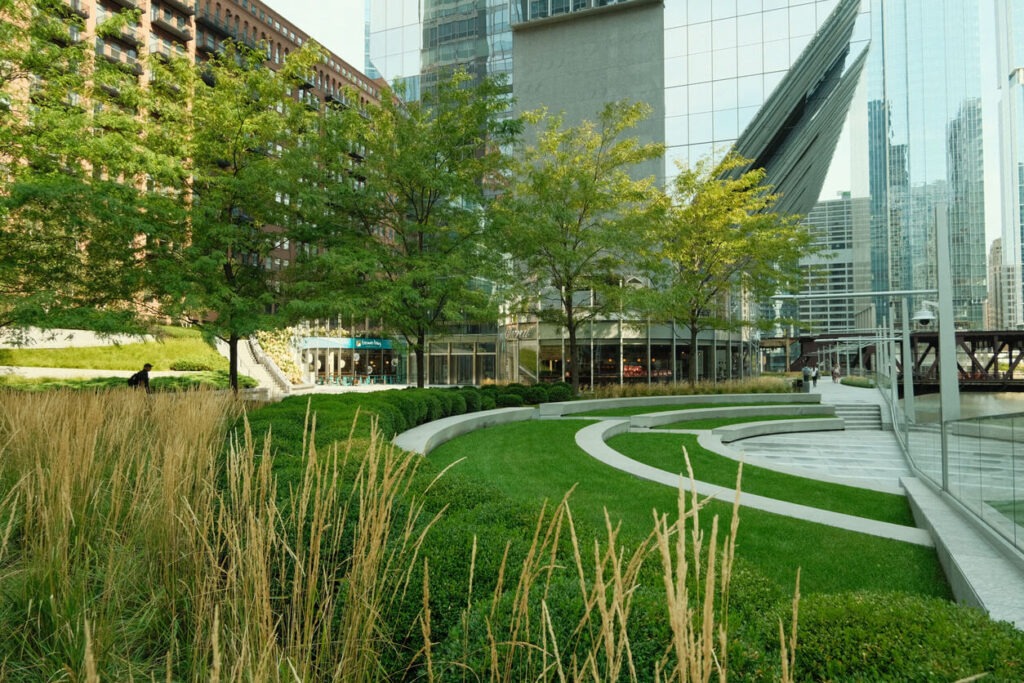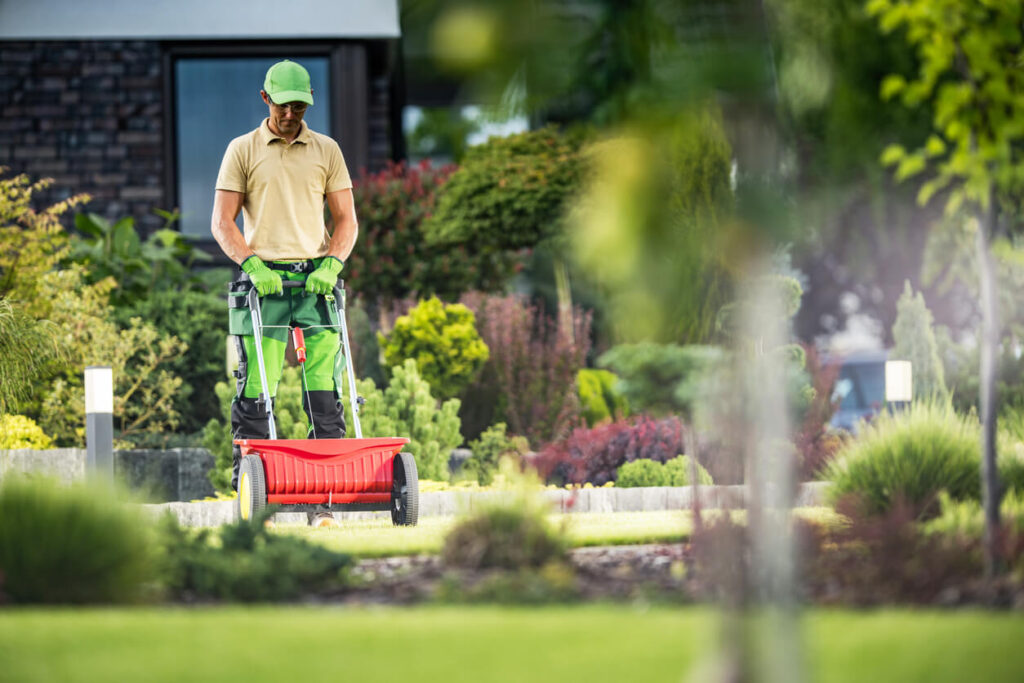These days eco-friendly landscaping stands out as an essential component for modern homes. This approach to landscape design not only enhances the aesthetic appeal of your property but also contributes significantly to environmental conservation. By incorporating sustainable practices, homeowners and landscapers alike can create stunning outdoor spaces that are both functional and kind to the planet. In this comprehensive guide, we will explore the ins and outs of eco-friendly landscaping, offering practical advice and innovative ideas to transform your residential or commercial property into a green oasis.
The Basics of Eco-Friendly Landscaping
Firstly, understanding the fundamental principles of eco-friendly landscaping is crucial. This method revolves around minimizing the environmental impact of your garden while maintaining its beauty and utility. This involves the use of native plants, efficient water management, and the reduction of chemical inputs. By adopting these practices, landscapers can create resilient and low-maintenance gardens that thrive in their local climate.
Choosing the Right Plants
The cornerstone of any eco-friendly landscape is the selection of appropriate plants. Native species are particularly beneficial as they are adapted to the local climate and soil conditions. This means they require less water, fertilizer, and pesticides than non-native plants. When planning your landscape and design, consider incorporating a diverse range of native shrubs, flowers, and trees. This not only supports local ecosystems but also adds unique charm and character to your property.
Water Wise Landscaping
Another critical aspect of eco-friendly landscaping is water conservation. Traditional lawns are notorious for their high water requirements. However, by opting for drought-resistant plants and innovative irrigation techniques, homeowners can significantly reduce their water usage. Drip irrigation systems and rainwater harvesting are excellent methods for providing your plants with the moisture they need without wasting precious resources. Additionally, incorporating permeable paving and mulch can help retain soil moisture and reduce runoff.
Sustainable Materials and Practices
When it comes to landscape and design, the materials you choose play a significant role in the environmental impact of your project. Sustainable landscaping involves the use of recycled or locally sourced materials whenever possible. This can include anything from reclaimed wood for decking to natural stone for pathways. Additionally, adopting organic gardening practices, such as composting and natural pest control, can further enhance the eco-friendliness of your landscape.
Implementing Eco-Friendly Landscaping
Transitioning to an eco-friendly landscape requires careful planning and execution. Whether you are working on a residential landscaping project or a larger commercial landscaping endeavor, following a step-by-step approach is key.
Assessing Your Space
Start by assessing your existing landscape. Identify areas where you can make improvements, such as replacing water-intensive plants or updating irrigation systems. This initial evaluation will help you set clear goals and priorities for your eco-friendly transformation.
Designing Your Eco-Friendly Landscape
Next, embark on the design phase. Work with a professional landscaper who specializes in eco-friendly practices to create a comprehensive plan for your space. This should include plant selection, water management strategies, and material choices. A well-thought-out design will ensure that your landscape is not only beautiful but also sustainable.
Implementing Sustainable Features
Once you have a solid plan in place, it’s time to start implementing your eco-friendly features. This can include planting native gardens, installing efficient irrigation systems, and incorporating sustainable materials into your landscape. Throughout this process, it’s important to work closely with your landscaper to ensure that all elements of your design are executed correctly.
Maintaining Your Eco-Friendly Landscape
Finally, maintaining your eco-friendly landscape is essential for its long-term success. Regular upkeep, such as mulching, pruning, and watering, should be done in an environmentally friendly manner. Additionally, monitoring your landscape for any issues, such as pest infestations or water waste, can help you address problems quickly and sustainably.
The Benefits of Eco-Friendly Landscaping
Adopting eco-friendly landscaping practices offers a myriad of benefits. For homeowners, it can lead to reduced water bills, lower maintenance costs, and an increase in property value. For the environment, it means less strain on local water resources, reduced chemical runoff, and enhanced biodiversity. Additionally, this provides a natural habitat for wildlife, promoting a healthy and balanced ecosystem.
Fischer Landscaping: Your Eco-Friendly Partner in Corpus Christi
When it comes to eco-friendly residential and commercial landscaping in Corpus Christi, Fischer Landscaping stands out as the premier choice. With years of experience in sustainable landscape design and maintenance, Fischer Landscaping is committed to creating beautiful, environmentally responsible outdoor spaces. Whether you’re looking to transform your backyard into a native plant paradise or implement water-saving solutions for your business, the expert team at Fischer Landscaping has the skills and knowledge to bring your vision to life. By choosing Fischer Landscaping, you are not only enhancing the aesthetic appeal of your property but also contributing to a healthier, more sustainable world.




